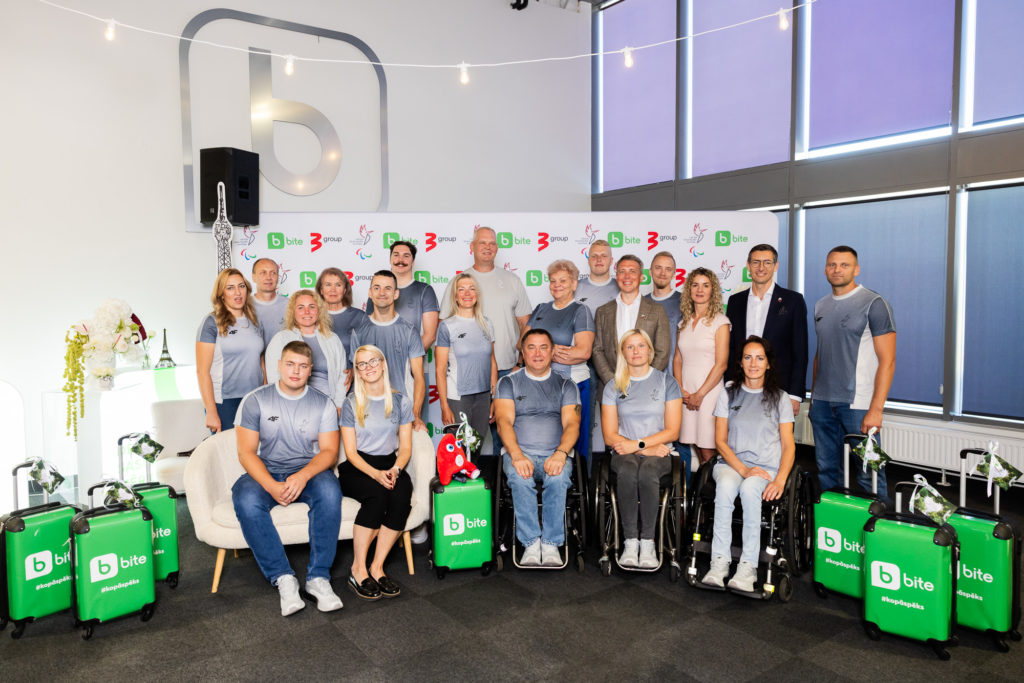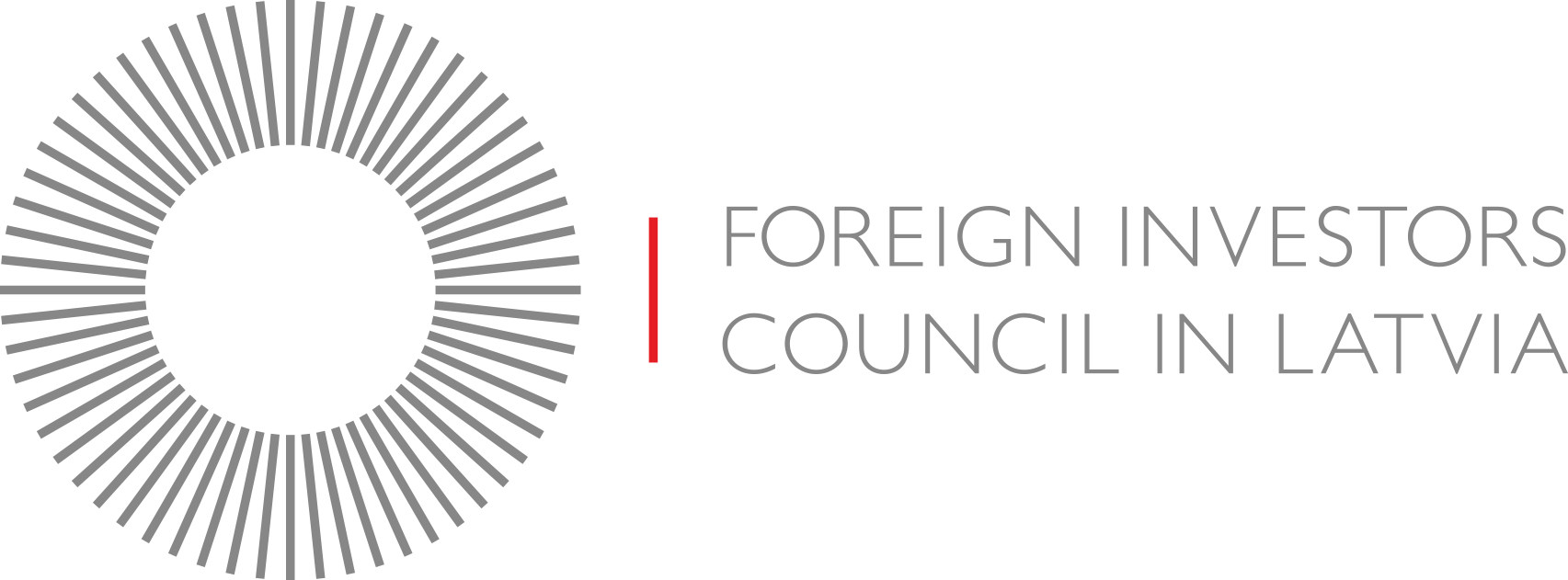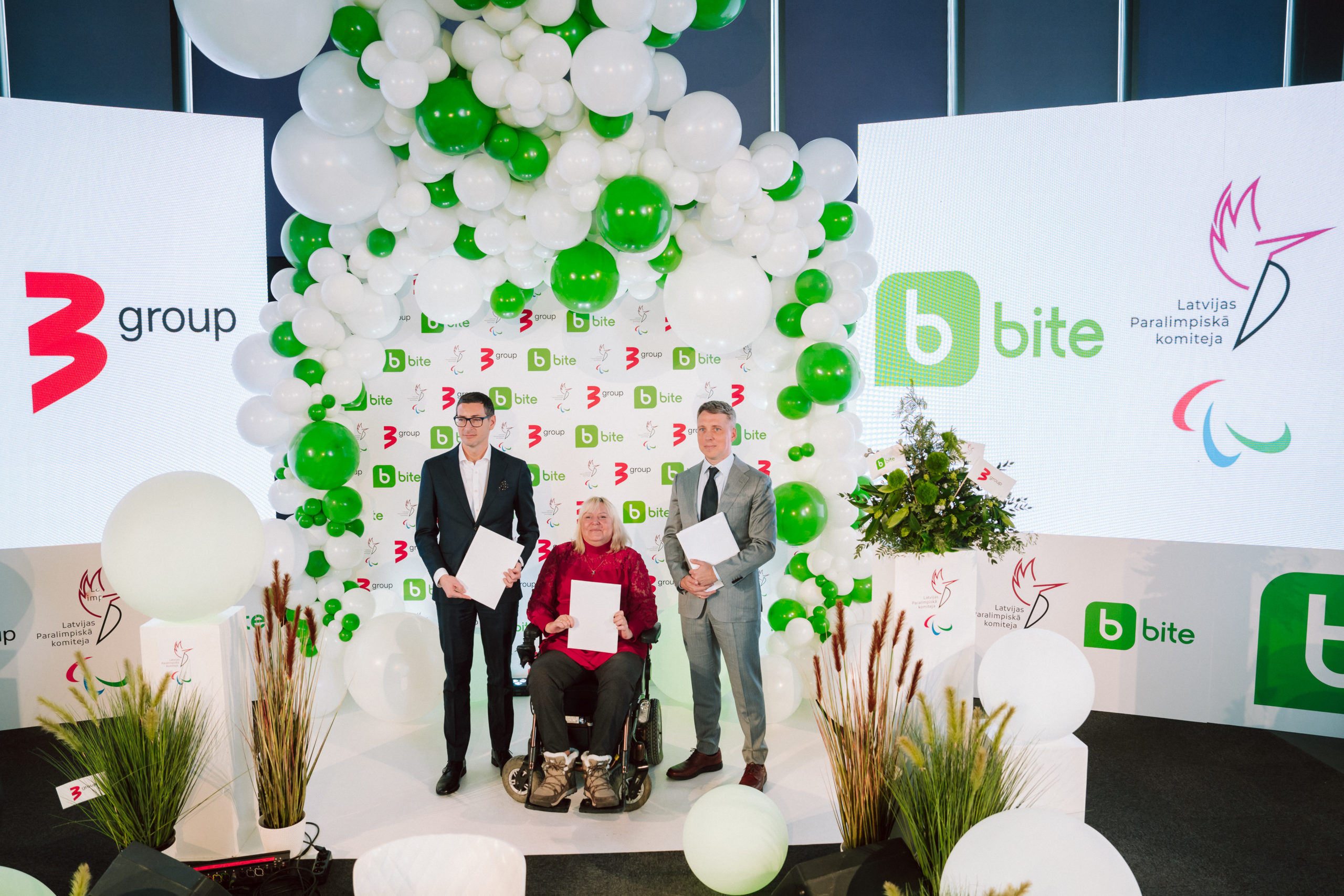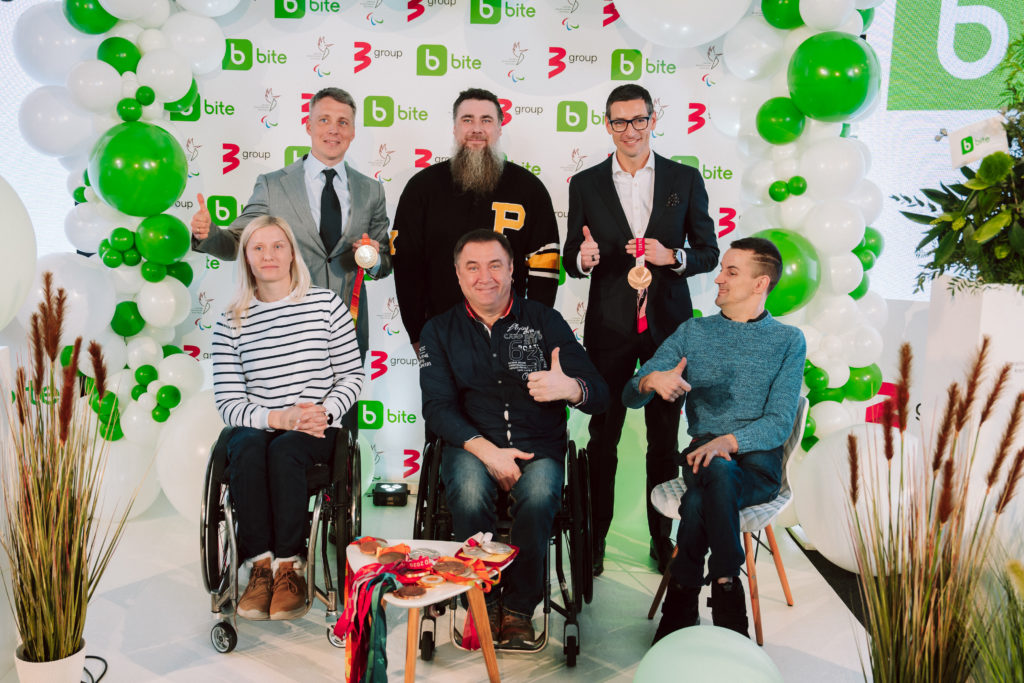The contribution of foreign investors to the Latvian economy is undoubtfully large, as they create new jobs, account for over 40% of total taxes paid, facilitate technology transfer, support infrastructure development and bring many more economic benefits for the country. However, their broader societal contribution is typically poorly visible and, as a result, underestimated. FICIL would like to draw attention to the initiative of two FICIL members – TV3 Group Latvia (later in the text – TV3) and BITE Latvija (later in the text – BITE) – who aim to increase the inclusion of people with disabilities into the Latvian society and economy.
On 16th January 2024, TV3 and BITE became the general sponsors of the Latvian Paralympic Committee, committing to a four-year partnership that results in a series of communication/awareness raising and financial support activities. In view of the chief executive officer at TV3, Mindaugas Rakauskas, both BITE and TV3 want to showcase Paralympians as exemplary role models and “superhumans” that, despite specific physical conditions, can make incredible achievements. This, in turn, is expected to stimulate a greater integration of individuals with disabilities, to celebrate diversity, empathy, strength, collaboration and resilience, and become a source of inspiration for everyone in Latvia.
To illustrate, on 10th August, TV3 and BITE have launched a TV project “Paralympian stories” – a series of 9 documentaries on TV3 about Paralympic athletes. The goal of this project is to highlight incredible resilience and strength of paraathlets, aiming to change societal perceptions and encourage people with disabilities to consider sport as motivation to become active part of the society. In addition, Paralympic athletes are featured in multiple talk shows, mainstream entertainment programs and social responsibility events, such as the “Pride of Latvia” awards and the LAMPA festival. In terms of financial support, BITE and TV3 provide funding to the Latvian Paralympic Committee and initiatives, such as the Coach Academy for Paralympians, which supports training of coaches and attracts more individuals with disabilities to para-sports. Moreover, the companies themselves are adopting digital and physical environments to be ever more accessible and empower other companies to follow the lead.
When asked about the motivation to support people with disabilities in Latvia, the companies indicated that they aspire to drive a meaningful change in the country and the gap in support of the people with disabilities in Latvia has been quite apparent. Arunas Mickevicius, CEO of Bite Latvia, noted that: “By supporting the Latvian Paralympic Committee, our aim is to collaboratively strengthen the Paralympic movement, increase its visibility among the public, and contribute to the development of para-athletes’ performance and their coaches’ competencies. The newly established academies will serve as a crucial springboard for achieving their athletic ambitions and results.” In view of Mindaugas Rakauskas, the social initiatives also bring many benefits to the companies themselves: first, they make work in their companies more meaningful and enjoyable, as employees participate in socially relevant activities and see their impact on lives of others; second, they foster a sense of community among employees and enhance the company’s internal culture, which encourages collaboration, creativity and innovation. Thus, viewing socially oriented projects as integral part of a company strategy can stimulate a long-term development and growth. 
“At Bite, one of our core values is a deep commitment to caring for people. This year, we have dedicated ourselves to enhancing inclusivity and accessibility for individuals with disabilities. We believe that words must be matched by actions, and we have already initiated several key projects, including the adaptation of our digital platforms, customer service centres, and workplace environments to better serve clients with disabilities. The launch of our first ten accessible customer service centres in Riga and across the regions is a testament to Bite’s unwavering commitment to creating an environment that is open and welcoming to all,” – Arunas Mickevicius.
The support of people with disabilities is not the only societal initiative of TV3 and BITE. In recent years, both companies have been exploring how to enhance compliance with the ESG (Environmental, Social, and Governance) principles. TV3 Group Latvia is committed to environmental stewardship and robust governance practices. They have implemented measures to reduce their carbon footprint, such as transitioning to energy-efficient technologies and promoting sustainable practices among their employees and viewers. Their governance framework ensures transparency, accountability, and ethical behavior at all organizational levels, setting a standard for other media companies to follow. By prioritizing environmental sustainability, social responsibility, and strong governance, TV3 not only enhances its own sustainability performance, but also contributes to the broader goal of building a more sustainable and equitable world.



